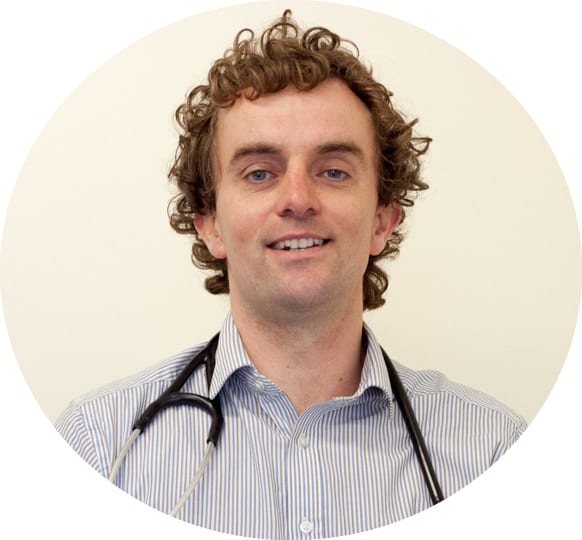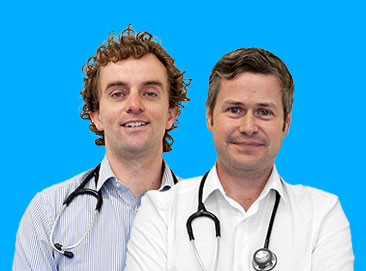PPE for doctors finances
What ill health benefits does the NHS pension provide? How are these benefits affected by leaving the NHS pension scheme? What about benefits for Locum doctors?

As healthcare professionals, Covid-19 has affected our professional lives in unimaginable ways. My work as an NHS GP has been transformed. But the unfortunate reality for healthcare workers is that Covid-19 can also affect our personal and family life. With a young family at home, I had the sobering experience of checking through my various financial protection policies before a shift in the “Covid-19 hot hub”.
This prompted me to ask specialist medical Independent Financial Adviser Rachael Hall to tell Medics’ Money blog subscribers about PPE for your finances. Racheal is one of the specialist medical Independent Financial Advisers featured on Medics’ Money, a collection of the very best advisers for doctors. Here Rachael explains the ill health and death in service benefits that the NHS pension provides (including for those that have left the NHS pension scheme). Over to Rachael:

Family Protection
Over the last few weeks, I have seen a surge in protection applications, as people are being forced to think about the effect that their death or long-term illness would have on their family. The first concern for families is the ability to pay the mortgage. As part of the government’s latest financial measures, most mortgage lenders have signed up to allow a payment holiday of three months, but if you have lost your partner, then a three-month mortgage break is not a long-term solution. Life & Critical Illness Cover policies are designed to pay out a tax-free lump sum, which can be used to repay your mortgage balance.
Protecting your Income
Protecting your cashflow is vital in order to maintain the lifestyle we are accustomed to. For some people, this could mean keeping your children in a private education, or simply ensuring you have enough money to pay the bills and afford a decent standard of living.
In these circumstances, Family Income Benefit plans are designed to provide a tax-free monthly income, in the event of death or an earlier critical illness. This plan will continue to pay out for a term that you selected at outset, which most people run to their retirement ages. Income Protection plans are essential for protecting your cashflow and provide a tax-free income which is normally based upon a percentage of your gross earned income, self-employed income or dividends. NHS staff participate in the NHS sick pay scheme, and qualify for six months full pay and six months half pay, but for Junior Doctors, these benefits are not as generous and are subject to time served, starting at 1 month full pay and 1 month at half pay, built up over a five year period. Self-employed GP Partners will be subject to the terms of the Partnership Agreement, typically 12 months full pay then no further income, with the additional cost of paying a locum, whilst off sick. An updated Partnership Agreement, locum cover and an Income Protection plan, are essential planning for Practitioners.
“What medical school didn’t teach us about money” will give doctors a step by step plan to transforming your financial future. Enter your details to download your copy nowWhat medical school didn’t teach us about money

Insurers approach to Covid-19
During these unprecedented times, insurers are now making changes to the underwriting process, to identify applicants who may be self-isolating or have been exposed to Covid-19. Private medical companies used by the insurance industry, which normally run nurse screening programmes are either deferring appointments until later in the year, or conducting reviews by video calling or tele interviews, where possible. Underwriters are being encouraged to make decisions based upon the medical evidence available to them, but are not actively chasing GP reports, in order to give GPs, the time needed to deal with the pandemic. Whilst underwriting processes are more challenging during these times, insurers are still open to new applications, so it is best to check their policy prior to proceeding with the underwriting process. We suggest you discuss this with your financial adviser at outset.
NHS Scheme Benefits
Membership of the NHS Pension Scheme entitles you to many benefits which are very much dependent upon which section of the scheme you are in, and whether, you continue to make pension contribution or are retired.
Ill Health Pensions
It is possible to retire from the scheme prior to normal minimum pension age, on the grounds of ill health. There are two tiers of pension available as follows:
- Tier 1 – Broadly speaking, this is the members accrued pension as at date of leaving
- Tier 2 – Broadly speaking, this is the members Tier 1 pension with an enhancement based upon their prospective service, a multiple which is dependent upon which scheme you are in. For the 1995 section, this is two thirds of the members prospective service.
Survivors Pensions
The 1995 section provides a dependents pension based on 50% of the members Tier 2 Ill Health retirement pension, which is then set at 37.5% for the 2008 section and 33.75% for the 2015 scheme.
Childrens pensions
You can also claim a pension for your children (if they are below the age of 23 and still in full time education). In the 1995 section this is 25% for each child which is capped at 50%, so it is possible for a young family to receive up to 100% of the members original pension. The 2008 and 2015 schemes don’t include an automatic entitlement to lump sum, and whilst these entitlements allow two or more children to claim up to a maximum of 37.5% and 33.75% respectively, the benefits are still thought to be equitable.
Medics’ Money is run by doctors and finance experts, for doctors. Our free financial CPD gives you all the knowledge you need to take control of your finances.Join 30,000 doctors and receive free, exclusive, financial CPD for doctors in your inbox.

Death in Service (DIS) Benefits
This pays a Life Assurance lump sum if the member dies before retirement or within five years of their retirement. For those in active service, the benefits are normally 2 x pensionable/reckonable pay or 2 x average uprated earnings for practitioners. So, for example, if a Consultant is earning £110,000 per annum, then the lump sum will be £220,000.
In some cases, if the member commutes pension for the maximum lump sum, then the schemes liability is discharged, and no further Life Assurance Lump Sum is applicable.
Due to the issues surrounding Annual Allowance and the government back tracking on its plans to introduce Flexibility (i.e. where are member can set their own accrual rate between 10-100%) some members opt out for specific periods of time. Should they die whilst in the opt out period, they will not qualify for full entitlements. These will change to:
- Death within 12 months – this is 3 x the preserved pension and a 50% survivors’ pension, the latter which is based upon the members Tier 2 ill health retirement pension
- Death with Preserved Benefits – this is 3 x the preserved pension and a 50% survivor pension – no Tier 2 enhancement.
If a member is over the age of 60, still working and did not claim benefits then a posthumous award will apply.
Locum GPs
DIS benefits for Locum GPs have been the subject of much controversy as Locums are only covered for death during their contracted hours. Take the case of Dr Helen Sanderson who died mid-week, on a day when she was not at work. Despite appealing to the High Court, the case was overruled, and the family did not qualify for any payout. Unless a Locum converts to salaried work, at the agreement of the practice, and declares earnings though SOLO forms, they will be subject to this same problem. Last week, the BMA GP committee released a statement saying that they were working on a deal with NHS England to secure DIS benefits via a Zero Hours contract.
What if I am retired and I return to the scheme?
The benefits for pensioner members are dependent upon how long they have been retired. Members dying within five years of retirement will receive the lesser of: a gratuity of 5 x annualized pension, less pension already paid, or 2 x pay less any retirement lump sum.
The BMA, RCN and Unite are urging the government to review the scheme benefits, to ensure that all NHS workers receive DIS benefits irrespective of scheme membership. Had the government introduced the measures outlined in the September Consultation, Enhanced Opt Outs would have protected DIS for opted out members. Like soldiers on the battlefield, the NHS are fighting a war and their families should be entitled to enhanced Death in Service Benefits with immediate effect, and made retrospective for all those who gave their lives in doing so and shall always be remembered.
Rachael Hall
Independent Financial Adviser, NHS Pension Specialist, Founding Partner – Sandringham Medical
Sandringham Financial Partners is authorised and regulated by the Financial Conduct Authority (FCA). This article does not constitute advice.








